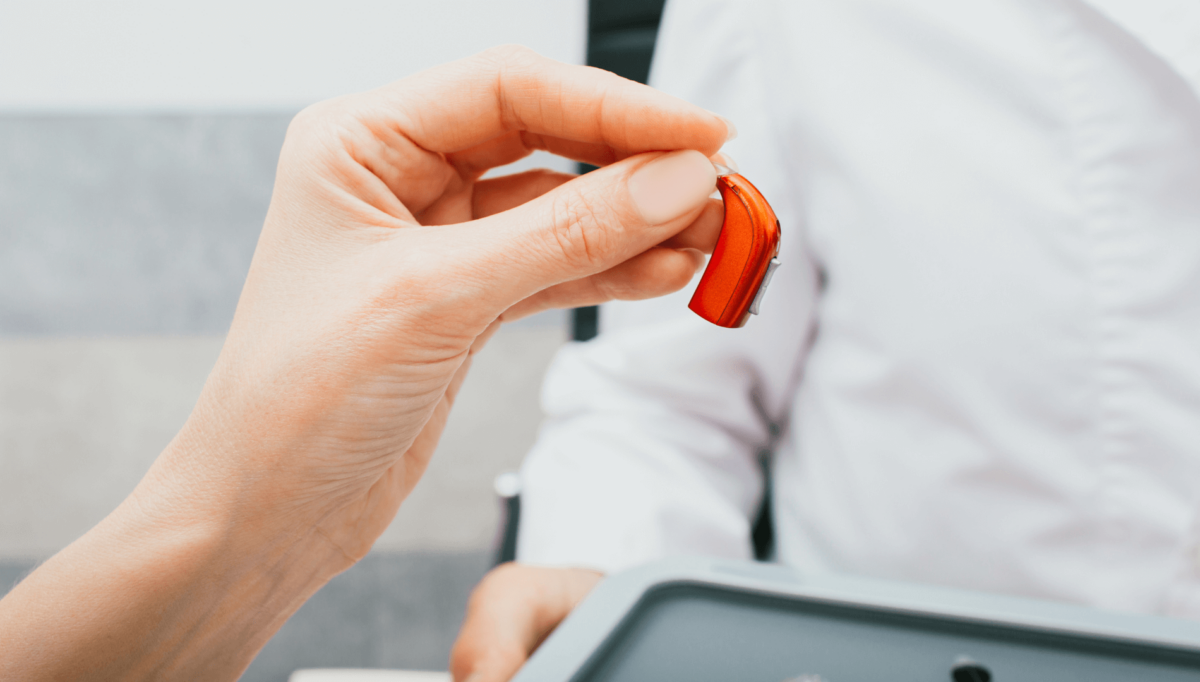
How Long Do Hearing Aids Last?
Hearing aids are valuable devices that assist individuals with hearing loss in improving their auditory experience. Understanding the lifespan of hearing aids is important for users, as it helps them plan for device maintenance, potential repairs, and eventual replacements.
On average, hearing aids are designed to last between three to seven years. However, this estimate is a general guideline, and some factors can influence the actual lifespan. The quality and craftsmanship of the hearing aid itself play a significant role.
Higher-end models often have more durable components and advanced technologies that can contribute to a longer lifespan.
How well the devices are maintained and cared for can have a substantial impact. Proper maintenance and regular cleaning can help prevent damage and extend the life of the hearing aids.
Let’s look at the typical lifespan of hearing aids along with some tips so that you can confidently make the best decision for your needs.
- According to the Better Hearing Institute (BHI), the lifespan of hearing aids can vary based on several factors, including the user’s care, the technology used, and the quality of the device.
On average, hearing aids tend to last approximately 3 to 7 years before requiring replacement or significant repairs. However, advancements in technology and improvements in manufacturing processes may contribute to extending their lifespan.
- The Mayo Clinic, a renowned medical institution, suggests that the lifespan of hearing aids depends on individual usage patterns, maintenance, and technology updates.
They emphasize that while some hearing aids may last up to five years, others might require replacement after just two or three years. Regular maintenance and cleaning, including battery replacement, can help prolong the lifespan of hearing aids.
- American Speech-Language-Hearing Association (ASHA) highlights that the lifespan of hearing aids can also be influenced by changes in an individual’s hearing needs.
As hearing loss progresses or changes, users may require adjustments or even upgraded devices to maintain optimal hearing assistance. Therefore, the lifespan of hearing aids is not solely determined by time but also by the user’s evolving hearing requirements.
The lifespan of hearing aids can vary depending on several factors, including the quality of the device, how well it is maintained, and the wearer’s usage patterns. On average, hearing aids are designed to last between three to seven years, but with proper care, they can potentially last even longer.
To ensure a hearing aid’s longevity, it is crucial to follow some maintenance practices. Because they are an investment we suggest the following to keep them in good shape:
Keep the devices clean
Regularly wiping them with a dry, soft cloth and avoiding exposure to water or excessive humidity helps prevent damage. Additionally, storing hearing aids in a dry and protective case when not in use can prolong their lifespan.
Battery longevity
Extending the battery life of hearing aids is a crucial aspect for individuals relying on these devices. Selecting hearing aids with advanced power-saving features and energy-efficient components is vital. This ensures that the devices consume power optimally without compromising on performance.
Users can adopt good battery management practices such as opening the battery door when the hearing aids are not in use, preventing unnecessary power drain.
Investing in rechargeable hearing aids or using rechargeable batteries can be a sustainable and cost-effective option, as these batteries can be reused multiple times before replacement.
Regular maintenance appointments
Stay consistent with your appointments. Your hearing health professional will assess and calibrate your devices as your needs change.
They can also professionally clean the hearing aids, check for any issues, and make adjustments as necessary. Last but not least, following the manufacturer’s guidelines for battery replacement and general care is essential.
It is important to note that individual experiences with hearing aids may vary.
Careful maintenance, routine cleaning, and regular follow-up appointments with a hearing health professional can help extend the lifespan of these devices. It is important for individuals with hearing aids to monitor their changing hearing needs and consult with professionals when considering upgrades or replacements.
Not sure how to get started?
- Ask someone who uses hearing devices their opinions.
- Bring a friend with you when shopping for them!
- Give us a call if you need further information or guidance on the next best investment in your hearing health.
